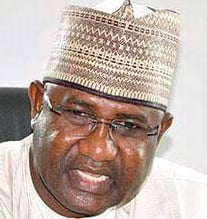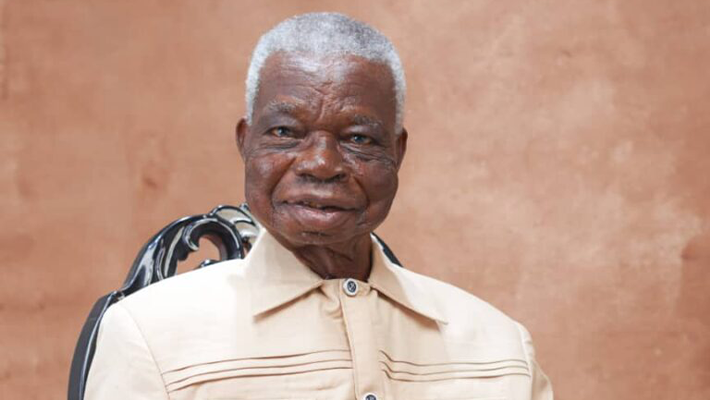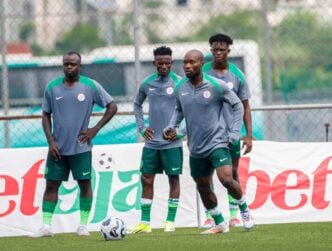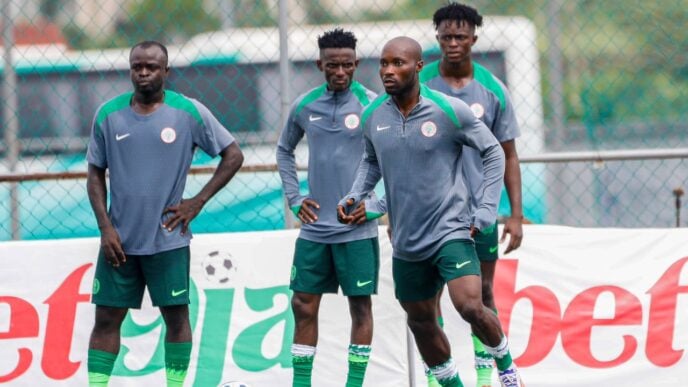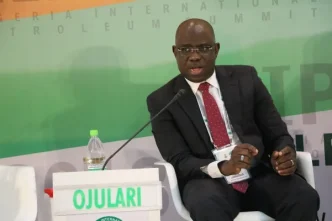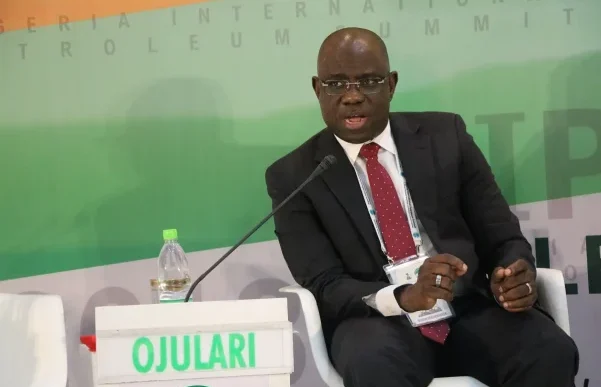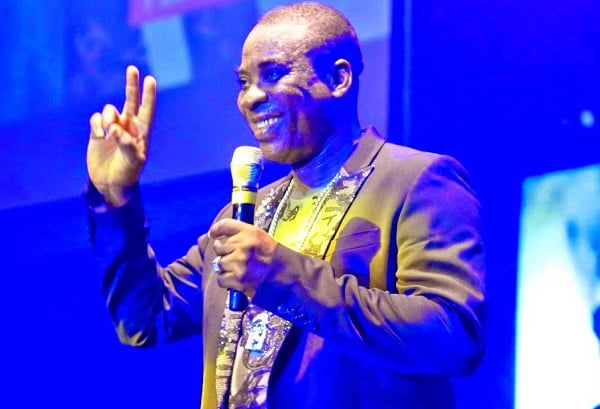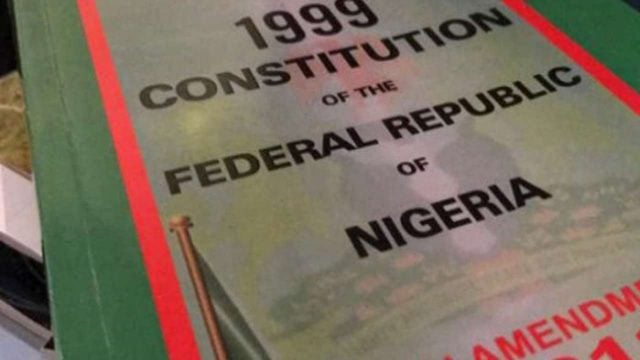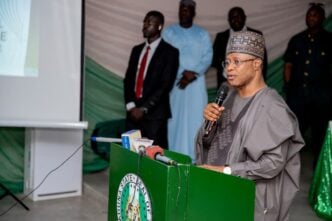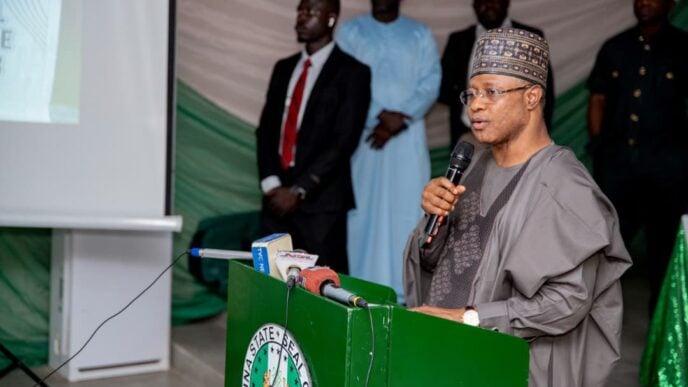Jola Ogunlusi
In 1983, I emerged as Secretary of the Nigeria Union of Journalists (NUJ), Kano State Council, following a tension-packed biennial congress and elections of the union. The elections capped my unionism career at the state level and was to propel me to play a significant leadership role in media industry unionism in Nigeria and beyond. Apart from passion and the pull of destiny, my career pathway was shaped by multiple mentors, among whom was the unforgettable Comrade Jola Ogunlusi, NUJ’s popular administrator and foremost press freedom defender of his era.
1983 was a critical election year that redefined alliances across political parties, groups and individuals in Nigeria’s political space. The political climate in the country naturally impacted on the voting pattern of our union’s elections between journalists of the federal government-owned media on one hand, and those working in state government media on the other. In addition, while those who were in sympathy with the Aminu Kano`s faction of the defunct Peoples Redemption Party (PRP) teamed up with candidates of the federal government-owned media, their counterparts inclined to Abubakar Rimi`s faction of the proscribed PRP aligned with correspondents of southern-based media operating in Kano.
At the end of the showdown, it was a win-win situation for the two groups as Nasir Zaharaddeen, my senior colleague and broadcast journalist working with the Nigerian Television Authority (chapel), was elected as Chairman of the union. Conversely, I was a news Reporter with the Triumph Newspapers.
In the course of the campaign, I was rightly or wrongly portrayed by my opponents as a militant and pro-late Abubakar Rimi’s administration, and to some extent, an agent of the Lagos-Ibadan media axis.
With the elections over, the stage was now set for the chess game that followed shortly as some of us plotted to rejoin the Alhaj Bola Adedojah /Jola Ogunlusi faction of the NUJ. It could be recalled that in 1980, the NUJ broke into Raph Igwa/Joseph Angulu and Adedojah/Ogunlusi factions, respectively.
Advertisement
By 1983, the trade union movement of which NUJ was a vocal member, was already split between political parties, alliances and politicians nationwide. For years, the defunct Adedojah faction was confined to present-day southwest, Edo and Delta states, while the Ralph Igwa group claimed (authority) over the present-day southeast, and the three political zones in the north as its sphere of influence.
Soon enough, my humble self and like minds hatched and executed a strategic plan when the Kano State Council of the NUJ decided at its first monthly general meeting to de-align from the so-called Ralph Igwa faction, and cross- carpeted to the mainstream Adedojah faction with Jola Ogunlusi as National Scribe.
Having discovered each other, Comrade Ogunlusi decided to send me on a mission to some states in the North to reunite with the mainstream leadership to enable the union confront the challenges of threat to press freedom and victimization of journalists, among other objectives of the union. Already, the national secretariat headed by him, had given a good account of itself when it defended Ms Vera Ifudu, an NTA reporter, in a celebrated case with the Senate of the second republic that requested her to withdraw a report based on an allegation of a missing N2.8 billion oil money publicly made on the floor of the upper chamber and apologize to the lawmakers. As a brave reporter, Vera defied the senate resolution, thus upholding the principles and ethics of the profession.
Advertisement
There was another epic battle between the senate and the late Prince Tony Momoh when, as Editor of the Daily Times Newspaper, he refused to disclose his source of information upon request by the second republic senate. In these two sampled landmark cases, Jola Ogunlusi`s doggedness in resisting institutional gagging of the media, the national secretariat retained the legal service of the late Barrister Fola Akinrinsola (God bless his soul), a lawyer and a former news reporter with the Punch newspaper who defended and won most of the cases pro bono for the union. Jola was reputed for his frequent press releases as a tool for creating awareness about assault on press freedom and journalists, and effectively utilized the umbrella of the Nigeria Labour Congress, regional and international organizations of journalists to project the state of affairs of the Nigerian media.
With Kano showing the way forward, various state councils of the union reluctantly and gradually dumped the Ralph Igwa faction one after another, and individually began to embrace the purposeful and vocal Adedojah`s leadership with technical and organizational support of the national secretariat. Eventually, the Ralph Igwa faction crumbled leading to a unified meeting of all the state councils at Mina, in 1985. I emerged as National Ex-Officio officer of the union.
1984 was probably the most trying year for the Union and its officials. The Nigerian military had sacked the civilian government on the first day of the new year, and not long afterwards, confessed its plan to tamper with the agelong freedom of expression and the media, especially with the suspension of the 1979 constitution and its pro-media provisions in sections 22, 48 and 49 (Fundamental Directives and Guiding Principles of State Policy).The promulgation of Decree No.4 of 1984 and the subsequent trial and sentencing of the Guardian Newspapers Journalists, Tunde Thompson and Nduka Irabor on July 4,1984 was a triangulated disaster for the profession, the media industry and press freedom. The Nigerian media had historically enjoyed robust freedom, notwithstanding colonial rule and its anti-press laws. It is on record that no civil society institution had played a central role in the decolonization process compared to Nigerian Newspapers and Journals. This is why historians do not hesitate in mentioning this leading role of the media while the political elite at all stages preserved and entrenched freedom of expression and the press in our country`s statute books. Decree 4 of 1984 was morally and politically an aberration because it punished Journalists if they embarrassed public officers, and not on account of falsehood, inaccuracy or such unethical matters.
Although the Guardian Newspapers employed the services of Chief Rotimi Williams, the late Doyen and probably the most expensive lawyer to defend its staff, the NUJ, more than any organization proved to be the actual vanguard in defending media freedom, the security of employment and welfare of journalists. The mass mobilization of journalists in and out of Nigeria against the oppressive regime leading to its international condemnation and show of solidarity with the union was never seen before. The credit and the unprecedented resistance substantially go to Comrade Ogunlusi for his fearlessness, total commitment to the cause of the union at the risk of his life and convenience. It is these qualities that served as a source of encouragement and inspiration to many of us to serve the union and the cause of justice, wherever and whenever an opportunity arose.
Advertisement
In state-owned media organisations, military meddlesomeness lead to abrupt changes in management and editorial policy, resulting in staff victimization challenged some of us to confront the situation, albeit in a suicidal manner. The same atmosphere pervaded the Federal Government controlled-media houses as military appointed chief executives cracked down on workers of all cadre leading to a massive retrenchment exercise across the country. The military at inception had announced the removal of all political appointees in ministries, departments and agencies of the state and federal government. Notwithstanding the limited resources in personnel, funds and organizational structure, the national secretariat under Ogunlusi responded vigorously to this onslaught through declaration of trade disputes, legal actions and other tools available to it. It is for these tactics aimed at defending the security of employment and welfare of journalists as well as freedom of expression and the media that I consider our late Boss and mentor as the true Torch Bearer of our union’s golden era when journalists conducted their professional engagements with honour, pride and confidence that the union was always behind them.
I was not the only disciple, admirer or mentee of Comrade Ogunlusi. There were the late Segun Obilana, Labour Editor of the Punch Newspaper and pioneer president of the Labour Writers Association of Nigeria (LAWAN), Seyi Adekeye, Group Labour Editor of the defunct Concord Press, Owei Lakemfa of the Guardian and later Vanguard Newspaper, Adebayo Bodunrin formerly of the Punch and later Vanguard Newspaper, Salisu Nuhu Mohammed formerly of the Triumph and the Nigeria Labour Congress (NLC). There was Ladipo Lawal who succeeded me in office, Dapo Aderinola oftheDailyTimes, Kayode Komolafe formerly of the Guardian and Concord, and now Deputy Managing Director at the This Day, His wife, Funmi Komolafe formerly of Vanguard Newspaper, Akanimo Samson, Bassy Ekpo Bassy, a former Deputy president of the NUJ. Others not in any order of importance included Bolaji Kareem, the late Keji Daudu, Adio Saka, Tony Masha, Festus Iyamu of the Daily Times, Lanre Ogundipe, Muhammed Sani Potiskum, Uchenna Ekwo, Margaret Essien, Joel Ighure, Richard Akinnola, Ipalibo Karibi-Botoye, Augustine Wikinaka and other colleagues and comrades in their hundreds, dead and alive.
As the custodian of the union’s records and documents, he kept the files of every elected officer at the state and national levels, as no election was recognized without his validation and was therfore rightly or wrongly often seen as a king maker. He co-signed the press card of all journalists along with Prince Tony Momoh who was the chairman of the union’s accreditation committee and kept the register of all practicing journalists in Nigeria. In that vantage position, he exercised enormous but often discretionary power.
The 1980s was the peak of the cold war era between the socialists and the capitalists ideological blocks. In Nigeria, trade unions sympathetic to the western capitalist countries subscribed to the International Confederation of Free Trade Unions (ICFTU), while those inclined to the socialists cause affiliated to the World Federation of Trade Unions (WFTU).The Nigeria Labour Congress (NLC) under the leadership of Comrade Hassan Sunmonu and majority of the 43 unions under it, were sympathetic to the former. The NUJ as a critical member of the NLC was patronized with scholarships, exchange visits and other forms of solidarity from WFTU member unions. I benefited from training exposure in Bulgaria, Hungary and Cuba between 1983 and 1985.
Advertisement
In time past, no university degree was needed to practice journalism not only in Nigeria but also in the United Kingdom where seasoned editors, writers, crack reporters, compelling cartoonists and ace broadcasters only possessed diplomas from regional polytechnics, yet they practiced quality journalism uncomparable to what obtains in modern times. For instance, Comrade Ogunlusi did not boast of academic laurels, but he trailed a blaze that none of NUJ`s officers from pioneer president Mobolaji Odunewu and Secretary General, Olu Oyesanya to its present-day leaders have accomplished. His book, NUJ: A History of the Nigerian Press published by John West Publishing Company was the only attempt at documenting the history of how our union contributed to nation-building from 1955 through the 1980s.
In 1990, Comrade Ogunlusi retired from the services of the union at our National Executive Council (NEC) meeting in Calabar, Cross River State with full benefits. However, his post-retirement years only opened another chapter in his service to the NUJ. Under my watch as National President (1990 to 1994) he was invited to, and participated in most events and generally continued to serve the union he helped to build in a fatherly, advisory capacity. Although, I helped to lower the casket of George Anyakora, Comrade Ogunlusi’s successor in office, in his native Anambra State, regrettably, I could not participate in the funeral rites of our Hero due to health challenge. Rest In Peace, our Boss and Senior Comrade.
Advertisement
Views expressed by contributors are strictly personal and not of TheCable.
